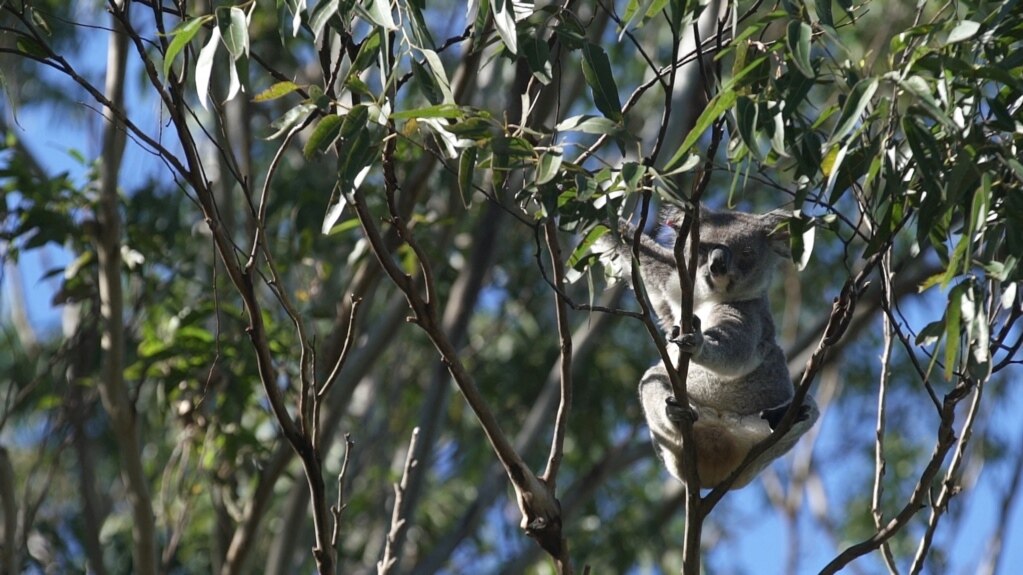Lucy was rescued from a rural property in New South Wales, Australia, two years ago. She was suffering from chlamydia, a disease widespread among koalas.
Today, she is one of the lucky animals living in tree corridors that have been created to protect koalas and other animals by saving their quickly shrinking habitat, or natural environment.
The corridors, planted by the local conservation group Bangalow Koalas, are made up of large systems of plants. They are a lifeline for koalas and other animals like the glossy black cockatoo, gliders, possums, and wallabies. All of them are endangered, or at risk of becoming extinct.
The corridors provide a safe path across the koala's increasingly broken habitat. This permits increased genetic mixing and protection from human threats.
"Our corridors are actually trying to get them away from humans, from cars, from dogs," said Linda Sparrow, president of Bangalow Koalas. "They can safely move across the landscape and not have to put up with us humans."
The koala is predicted to be extinct in the wild in New South Wales by 2050. Some of the biggest threats include wildfires and habitat loss through land clearing for development. Koalas have already been declared endangered in several Australian states.
Founded in 2019, Bangalow Koalas has planted over 336,000 trees on 119 properties, helping koala conservation and improving the local ecosystem. The group, which depends on community volunteers, aims to plant 500,000 trees by 2025.
"The neighbor would want to join and then another neighbor will want to join," Sparrow said, describing increasing the number of people involved in the corridor.
Volunteer Lindy Stacker, who has been planting trees for over five years, said the activity is good for mental health and has brought the community together.
A recent report by the Australian Koala Foundation said the animal was worth an estimated $3.2 billion per year to the tourism industry.
However, the World Wildlife Fund-Australia reported concerning declines in koala populations in Australian states, with a 50 percent drop in Queensland and a 62 percent drop in New South Wales since 2001.
Sparrow remains committed to the cause.
"I can't imagine a world where there's no koalas in the wild," she said.
"We're going to do everything we can possibly to make sure that doesn't happen."
I’m Gena Bennett.

